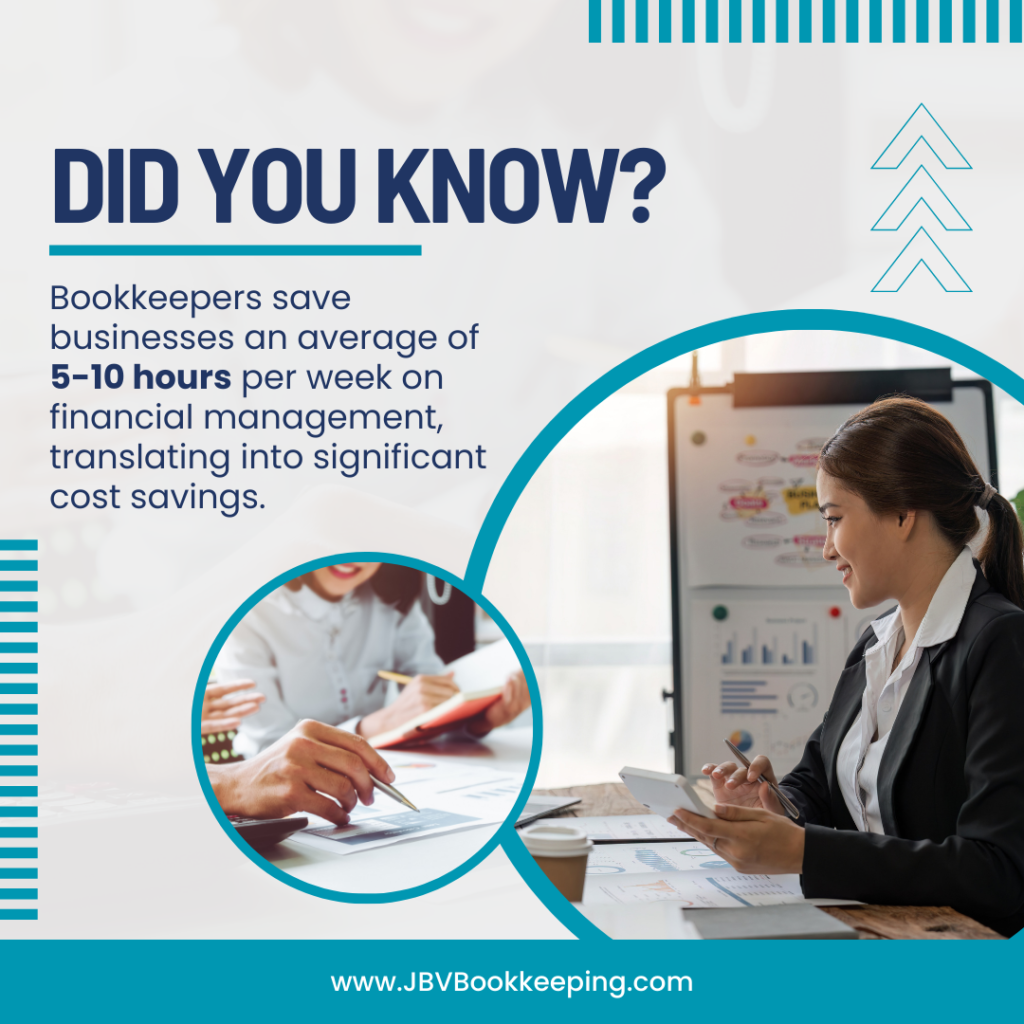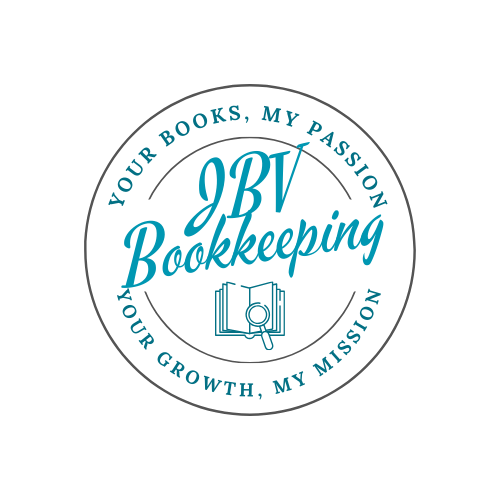Starting a business is exciting, nerve-wracking, and—let’s be honest—a little bit chaotic at times. As a fellow business owner, I’ve been there, done that, and learned a lot of things the hard way. One of the first and most important lessons I picked up? Keeping your business and personal finances separate is non-negotiable.
Let me walk you through the why and how, like the friend who’s been running a business for decades and wants to save you from a world of stress down the road.
Why You Must Separate Your Business and Personal Finances
Think of your business and personal finances like roommates. They can live in the same house (your bank account), but it’s going to get messy real fast if they don’t have separate rooms. Mixing them up can lead to:
- Confusing bookkeeping that makes tax season a nightmare
- Potential legal issues if you’re an LLC or S-corp and don’t treat your business as a separate entity
- Inaccurate financial reports that make it hard to grow or secure funding
So, how do you keep things clean and professional? I’ve got you.
Step 1: Open a Separate Business Bank Account
This is step one for a reason. Even if you’re just starting out, go ahead and open a business checking account (and a savings account while you’re at it). Look for a bank that offers small business perks and low fees. Here’s a great resource from NerdWallet on best business bank accounts.
Don’t forget to use your Employer Identification Number (EIN) when opening the account—it shows the IRS you mean business (literally).
Step 2: Get a Business Credit Card (and Use It Wisely)
A business credit card not only keeps spending separate, it also helps you build business credit. Just make sure you’re paying it off regularly and not using it to splurge on personal Amazon hauls (yep, I’ve been tempted too).
If you’re not sure how to manage credit wisely, check out this article from the Small Business Administration (SBA).
Step 3: Pay Yourself a Salary or Owner’s Draw
Don’t just dip into your business account whenever you need groceries or gas. Instead, set a schedule to pay yourself—either a set salary or an owner’s draw depending on your business structure.
A salary is a fixed, regular payment you give yourself as an employee of your business—typically used if your business is a corporation (like an S-corp or C-corp) and you’re actively working in it. You’ll pay payroll taxes on that income just like a regular job. An owner’s draw, on the other hand, is when you take money out of the business for personal use—more common with sole proprietors, partnerships, or LLCs. No payroll taxes are withheld up front, but you’ll pay self-employment taxes later. Use a salary when the IRS requires you to be on payroll (like with S-corps), and an owner’s draw when your structure and earnings are more flexible.
Step 4: Keep Personal Expenses Out of Your Bookkeeping
When it comes to tracking your expenses, your bookkeeping system should only reflect business-related activity. That’s why it’s smart to:
- Use accounting software like QuickBooks or Wave
- Categorize everything correctly (trust me, it saves hours later)
- Keep personal Venmo and Cash App transactions out of the books
Want help setting up a system that works? Schedule a free consultation with me and we’ll walk through it together.
Step 5: Hire a Bookkeeper (Even If It’s Just for an Hour)
Okay, I may be biased here—but seriously, even if you’re a DIY queen or king, having a professional look over your books once in a while can save you from expensive mistakes. A good bookkeeper will help you:
- Catch mix-ups between personal and business expenses
- Prepare for taxes (without panic attacks)
- Plan for growth with real numbers
A bookkeeper keeps your business’s financial life organized and accurate. They track income and expenses, categorize transactions, reconcile bank accounts, manage receipts, and make sure your books are up to date—so you always know where your money’s going. A good bookkeeper helps you stay compliant, prepares your records for tax time, and gives you the financial clarity you need to make smart business decisions. In short, they handle the numbers so you can focus on growing your business.
Keep It Clean, Keep It Legal, Keep It Profitable
Running a business is already a juggling act—you don’t need tangled finances tripping you up. Setting those boundaries early will make your life easier, your records cleaner, and your CPA (or me!) very, very happy come tax time.
Ready to Get Serious About Your Business Finances?
If you’re still feeling a little overwhelmed, don’t worry – I’ve got your back!
👉 Schedule a free consultation or sign up for my monthly tips on bookkeeping, taxes, and business growth—all in plain English, with a side of coffee and encouragement.

